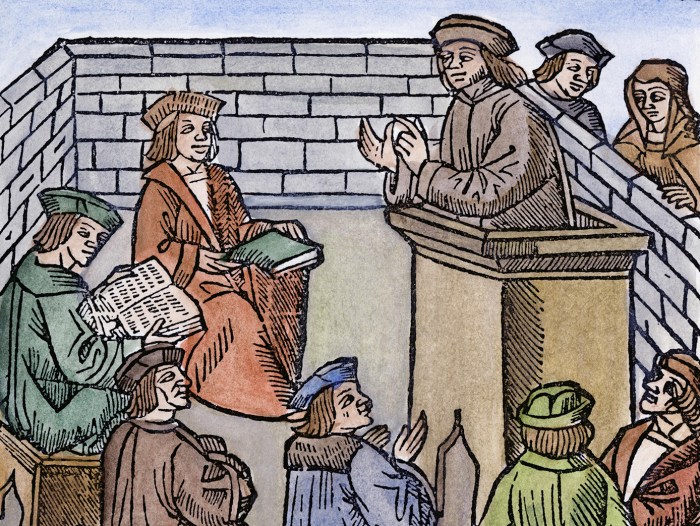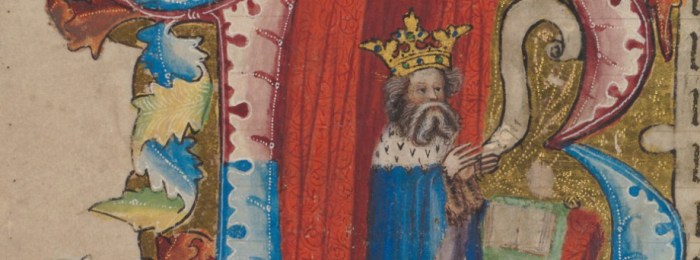Originating in the universities during the 10th century, this topic embarks on a scholarly journey that unravels the captivating narrative of the genesis and evolution of higher education. From its humble beginnings to its profound impact on society, this exploration delves into the historical, structural, and intellectual foundations of universities, shedding light on their enduring legacy and transformative role in shaping human knowledge and progress.
Universities emerged as beacons of intellectual enlightenment during the 10th century, fostering a vibrant exchange of ideas and nurturing the seeds of modern scholarship. This period witnessed the establishment of renowned institutions that would become cornerstones of higher learning, such as the University of Bologna and the University of Paris.
Origin of Universities
The establishment of universities during the 10th century marked a significant turning point in the history of higher education. These institutions emerged within the context of a growing intellectual and cultural revival in Europe, driven by factors such as the rise of urban centers, the preservation and rediscovery of classical texts, and the increasing demand for specialized knowledge in various fields.
The first universities originated in Italy, with the University of Bologna (founded in 1088) being the oldest continuously operating university in the world. Other notable early universities include the University of Paris (founded in the 12th century), the University of Oxford (founded in the 11th century), and the University of Cambridge (founded in the 13th century).
Early University Structure and Curriculum

Early universities were organized into faculties, each dedicated to a specific field of study. The most common faculties were theology, law, medicine, and the arts (which included subjects such as grammar, rhetoric, logic, and philosophy).
The curriculum at early universities was heavily influenced by the medieval trivium and quadrivium, which were the seven liberal arts that formed the basis of education in the Middle Ages. The trivium included grammar, rhetoric, and logic, while the quadrivium included arithmetic, geometry, astronomy, and music.
Notable Universities and Scholars: Originating In The Universities During The 10th Century

University of Bologna
- Renowned for its law school, which attracted students from all over Europe.
- Notable scholars: Irnerius, Accursius, and Bartolus of Saxoferrato.
University of Paris, Originating in the universities during the 10th century
- Became a leading center of theological studies, known as the “Sorbonne.”
- Notable scholars: Peter Abelard, Thomas Aquinas, and Albertus Magnus.
University of Oxford
- Established as a center for the study of theology and philosophy.
- Notable scholars: Roger Bacon, Duns Scotus, and William of Ockham.
Impact on Education and Society
The emergence of universities had a profound impact on education and society. They provided a structured and standardized system of higher education, allowing students to pursue specialized knowledge in various fields.
Universities also played a key role in the transmission and preservation of knowledge, as scholars gathered and disseminated information through lectures, disputations, and the production of manuscripts.
Legacy and Evolution

The legacy of early universities is evident in the modern educational systems that have evolved from them. The concept of the university as an institution dedicated to teaching, research, and the advancement of knowledge has remained a cornerstone of higher education worldwide.
While universities have undergone significant changes and adaptations over the centuries, their core mission of providing higher education and contributing to the advancement of knowledge continues to shape their role in society.
Common Queries
When did the first universities originate?
The first universities emerged in the 10th century.
What were the primary subjects taught in early universities?
Early universities primarily taught subjects related to the liberal arts, including grammar, rhetoric, logic, arithmetic, geometry, astronomy, and music.
Who were some of the most influential scholars of the 10th-century universities?
Notable scholars from this period include Gerbert of Aurillac, who later became Pope Sylvester II, and Abbo of Fleury, a renowned theologian and abbot.